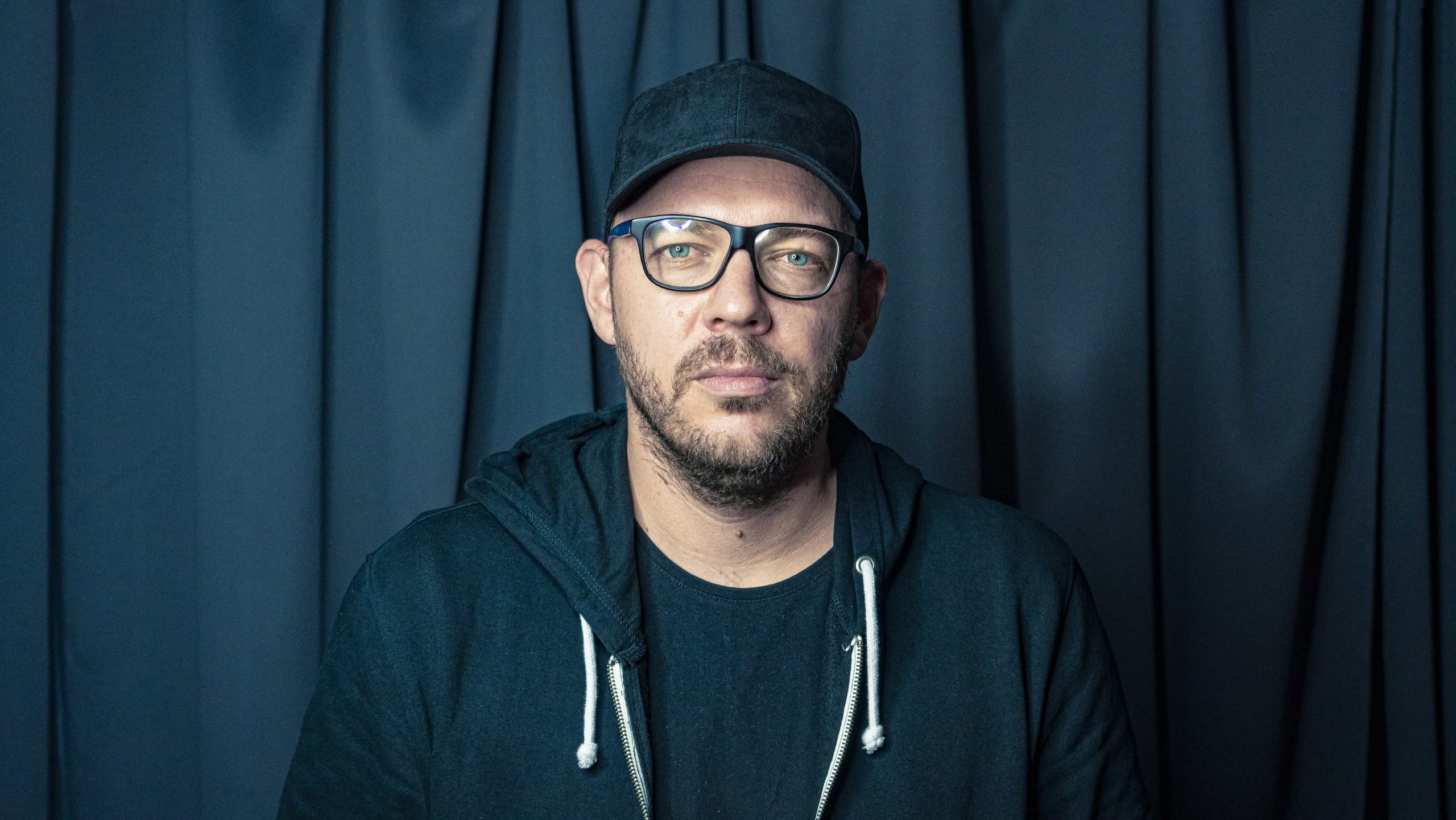
There is a lot of information about the Ukrainian war in the international media with different subtexts. The Polish media platform Outriders talks about this war with more photos, people’s voices, and people’s actions at the scene.
The publications are in multimedia format, comprehensive, and able to transport the reader to the environment of active war points. The sound of the rocket fire and the conversations and actions of the people at that moment are presented without journalist commentary.
Outriders bring the person going through the war to the forefront, showing their fears and feelings. A journalist watches people more than they talk to them. This is a deliberate move because people prefer to act rather than talk in times of alarm.
Any information about the ongoing war is spread by the media with the hashtag #EyesOnUkraine.
Jakub Górnicki, the co-founder of the platform, has been talking about Ukraine for five years. In the very first days of the hostilities, he was in the hot spots of Ukraine to see the reality and make it audible.
This is his first experience in covering a war. Prior to that, in August and September 2020, he was following the protests in Belarus. He also covers the migration crisis in Hungary, Greece, and Serbia.
Jakub Górnicki says that the environment in Ukraine is terribly stressful and requires strong nerves.
Covering a war is a difficult experience for journalists. What is it like working in Ukraine, what problems do you face?
It depends on the area in which the active hostilities take place and at what hours. In the beginning, the biggest issues were purely logistical: finding gasoline, proper equipment, and in some locations, getting food.
Earlier curfews were set, which were at different times in different cities, so working hours were also limited.
Those issues continue now in the Donbas in Eastern Ukraine, where the Russian invasion is now concentrated.
Also, in the early days of the war, the amount of information was limited, that is, the information that would help journalists decide where to go or whom to talk to. Many people were being evacuated, others were busy adapting to the new reality. The environment was terribly tense and stressful.
Are journalists targeted during the actual hostilities, if not, how do the parties ensure the safe work of journalists in hot spots?
First of all, that depends on the experience and preparations of the journalists. It limits the danger a little, but of course, does not neutralize it. Many journalists have already died or been wounded by Russian soldiers.
If you are close to a combat area you face the same risks as civilians or soldiers. So there is no special treatment for journalists. Probably the only difference is that you have a vest and a helmet.
There are many layers of providing security when covering war, but much becomes clear when you find yourself in a conflict zone and you get to know the place and the reality.
We have been covering Ukraine events for five years and we have established a network of connections there that made our work easier. Our survey helped us to gather as much intel as possible to understand what was going on in the hotspots.
But, to be honest, everything can change in a second, so it’s important to keep in touch and work with colleagues and discuss scenarios with them, so that it is possible to make decisions, for example understanding when to evacuate or when to stop working.
Which cities and towns have you been to? Are people ready to work with journalists, to help present the situation?
I spent the first month of the war in Kiev and the surrounding towns and villages. After that, I went to Odessa, Lviv, Chernigov, and many villages in the Kyiv region.
The people are really willing to share their stories, although many of them are tragic, it is difficult to relive them and present them to the audience. But they understand how important it is for the world to hear their accounts.
What are the human stories that have taken place during your time working that are impossible to forget?
One of my good journalist friends once told me that “a journalist is a shadow in the story,” so I would rather not share my feelings. That is not the job of a journalist. I do not work that way, I share what others say.
I think it’s very important to remember that when being a journalist and presenting human stories.
Is there anything in this war that is not well-covered or that is manipulated?
We definitely have very little information, for example, about the military losses of the Ukrainian side. It’s understandable why this is the case: they are at war and information control is part of it.
The process of searching for information about the real number of victims is a challenging and unpleasant process, but also as a journalist, you want to know more.
And the manipulations mainly come from Russian sources.
Is it possible to remain a journalist during the war? What dilemmas have you encountered?
I am a representative of the old school of journalism. I keep heavy, cruel, or humorous stories for my friends, and I focus the audience’s attention on the real stories that people share from the scene.
Interview by Gayane Asryan


Add new comment
Comments by Media.am readers become public after moderation. We urge our readers not to leave anonymous comments. It’s always nice to know with whom one is speaking.
We do not publish comments that contain profanities, non-normative lexicon, personal attacks or threats. We do not publish comments that spread hate.